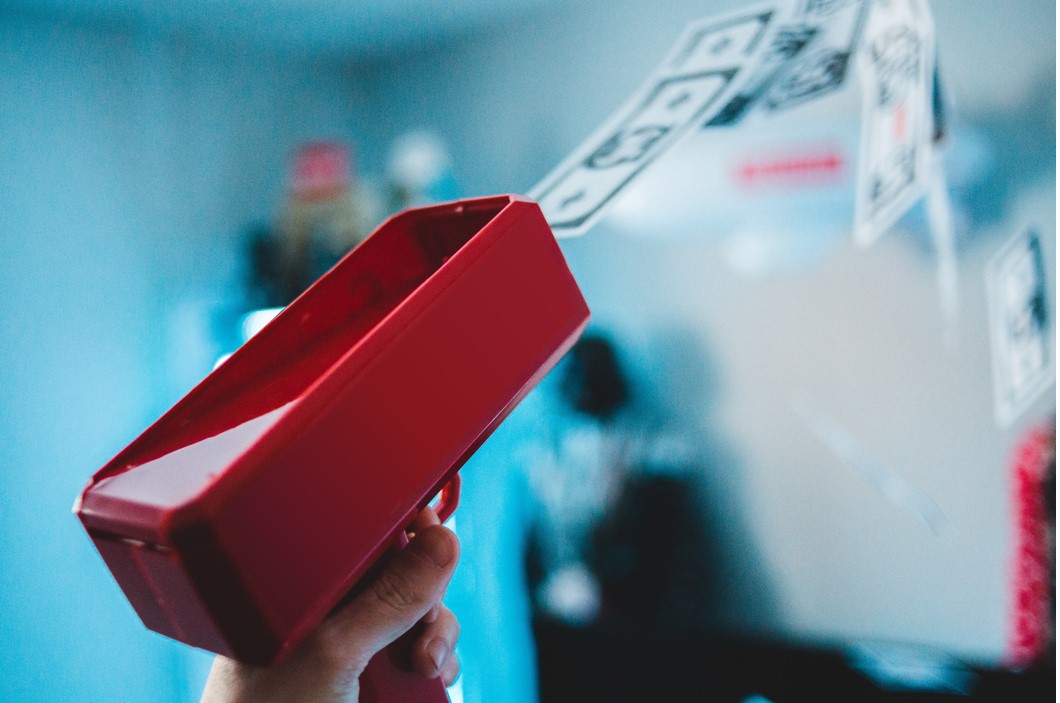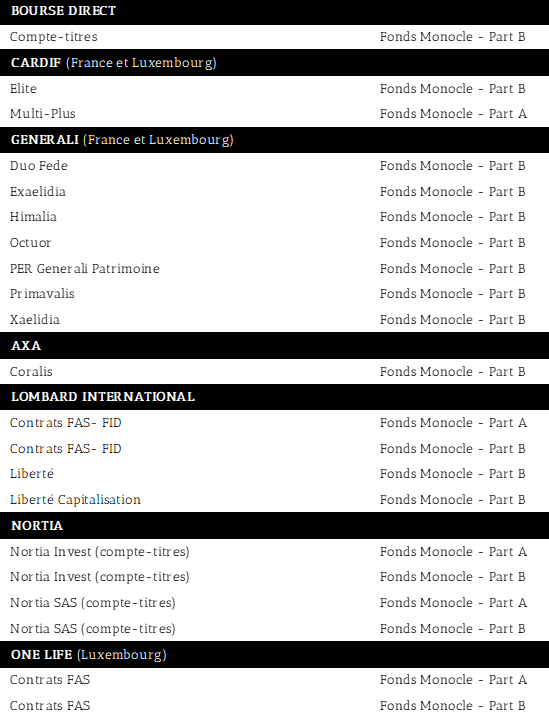
Gamestop: Revealing the market's folly?
04 February 2021
It has not slipped your mind that we are living in extraordinary times. In terms of health, politics, economics and the market, there are few benchmarks in the past to get a sense of the future. Valuation levels are extreme and I for one am not convinced by the fundamental reasons given for these levels. The argument that stocks are worth significantly more today because rates are a bit lower seems comical to me, to put it politely.
Rather, I think that after every unexplained move, the experts start with the final price of the stock and then draw the model that justifies that price. For example, when Tesla's valuation reaches $800 billion, the Goldman Sachs analyst comes out with a paper justifying the current price (and even more!) by saying that Tesla will produce 15 million cars in 15 years. That's thirty times what Tesla produces today. It is possible - anything is possible! - but is it likely?
On the real reasons for the rise, the Gamestop case is in my opinion more enlightening. At Monocle we probably know the case a little better than others because we have traded Gamestop stock 47 times between September 2016 and September 2019.
During those three years, we've seen each quarter the business decay and the pandemic has exacerbated that. So there's no question that fundamentally it's not worth much anymore.
However, that's not what the market is saying: yesterday, after the massive purchases by the young traders of the American site Robinhood, Gamestop was worth $24 billion. This shows that their firepower is much bigger than we thought. And so I think it's them, the young traders who came into the market this year because of the pandemic, that are driving the valuations today. And that's why you see so many of these companies that are part of their everyday environment (Snapchat, Pinterest, Spotify etc..) each worth tens of billions of dollars when they're only making a few hundred million in revenue and only generating losses.
This phenomenon existed before the pandemic, but the pandemic has exacerbated it. When will it stop? When there are no more new buyers. And there will be no new buyers when there are disappointments. These disappointments are not about results - results are irrelevant to them - but about revenues. These companies are going to have to keep posting +50% or +80% sales growth every quarter. But the longer it goes on, the more important the basis for comparison becomes and the more difficult it is to maintain the level of growth. Especially since there will be no second "pandemic" effect in 2021, or perhaps it will be a negative one: who will still want to spend those afternoons alone at home on their Peloton bike (Revenues $2.4 Bn, Capitalization $43 Bn) once the pandemic is over?
For those who want to go further, I take advantage of this end of month to give an update on the positioning of the fund in this challenging period.
Have a great week,
Charles
1) Bonds
Monocle being a patrimonial fund, our prospectus requires us to have at least half of the fund in bonds, an asset class normally less risky than stocks. The problem is that today there is nothing left to do in this asset class.
In Europe, if you want a yield above 3% for a listed company, there is only one name: Air France (there was also Altice but it has just been delisted). This Air France bond was issued at 100 in January 2020, just before the pandemic, with a coupon of 1.8750 and a maturity date of 25 January 2025. You buy it today 87. If all goes well, you will receive the coupon of 1.8750 each year and you will be repaid at 100 at maturity. All in all, that's an annual return of 5.7%. That's if everything goes well.
If things go badly, you will see Bruno Le Maire arrive on TF1 in a few months' time and say: "the State can put money back into Air France, but in return everyone must make an effort. For bondholders, the effort will be, for example, a 50% haircut. That is to say, you will be reimbursed 50 instead of 100. If this scenario sounds far-fetched, it's exactly what happened to us this summer with SAS, the Scandinavian airline. However, there is one major difference: as a bondholder at SAS, we had stronger rights with a veto right on the plan (which was activated and allowed us to obtain a plan where we should be reimbursed at 100%). This protection does not exist in the Air France bond: "In the event of restructuring, the bondholders will not have a veto right on the plan" (Prospectus). So of course, you are told that the ECB is there and will solve everything, always. But going to bed every night saying "Holy Christine Lagarde, protect us from disappointment", no.
As there is nothing to do in bonds, we do nothing and invest mainly in government bonds with a maturity of less than two years, which are quasi-liquidities: Germany, the Netherlands, France and the United States. This will have two consequences for the fund if market conditions harden (as in March 2020): 1) on half of the fund a crash will have no impact; 2) in case of a crash we have a lot of reserves to invest to seize opportunities.
2) Stocks
Stocks are not like bonds: there is affect. There is what the market likes and what it doesn't like. Our philosophy is to look in the second category, where we generally find good deals. For example, Orange (9% of the fund), whose business has not been impacted by the pandemic and which pays a 7% dividend. Or, in a different vein, Facebook (9% of the fund), the unloved of the big tech stocks: Facebook pays 26 times earnings, compared to 33 times for Google, 36 for Apple, 37 for Microsoft and 80 for Amazon. Overall, we have built up an equity portfolio representing 40% of the fund with different stocks but where we believe that the risk taken is justified by the expected return.
3) Coverage
In our opinion, the current market is a shaky scaffolding that will eventually fall. To protect ourselves against this risk, the fund holds a bearish position on the US index for about 30% of the fund.
As a result, when this bubble bursts :
- Our stocks will suffer less because they are already undervalued (Orange can't lose 80%, the Nasdaq can);
- Our downward position in the US market will compensate for a large part of the shock;
- This will create opportunities that we can seize because we have a lot of liquidity.
Disclaimer
This presentation is a promotional document. The content of this document is communicated by and is the property of Monocle Asset Management. Monocle Asset Management is a portfolio management company approved by the Autorité des Marchés Financiers under number GP-20000040 and registered with the ORIAS as an insurance broker under number 10058146. No information contained in this document should be construed as having any contractual value. This document is produced for information purposes only. The prospects mentioned are subject to change and do not constitute a commitment or a guarantee. Access to the products and services presented here may be subject to restrictions for certain persons or countries. Tax treatment depends on individual circumstances. The fund mentioned in this document (Monocle Fund SICAV) is authorized for marketing in France and possibly in other countries where the law permits. Before making any investment, it is advisable to check whether the investor is legally entitled to subscribe to the fund. The risks, costs and recommended investment period of the funds presented are described in the KIDD (key investor information documents) and the prospectus, available free of charge from Monocle Asset Management and on the website. The KIDD must be given to the subscribers before the subscription. Past performances are not a reliable indicator of future performances. Monocle Asset Management cannot be held responsible for any decision taken or not taken on the basis of information contained in this document, nor for the use that could be made by a third party. The investor may lose all or part of the amount of capital invested, as the funds are not capital guaranteed.
To unsubscribe or for any information request, you can email us at monocle@monocle.lu
